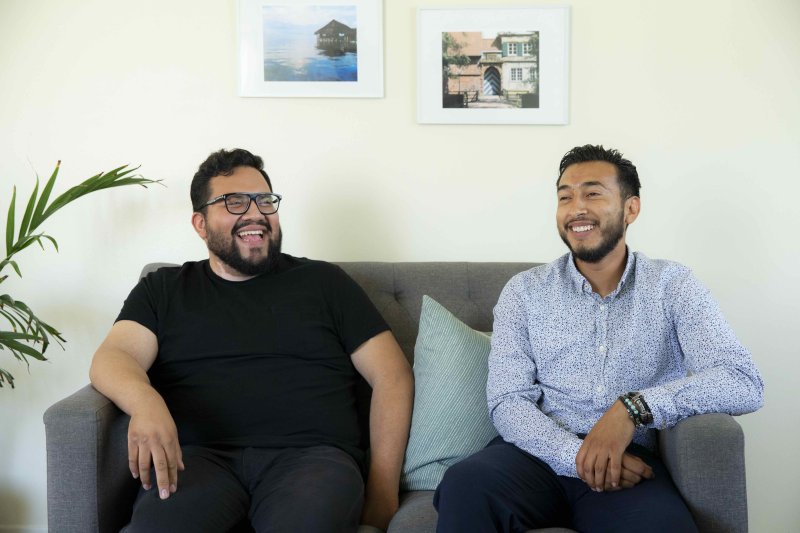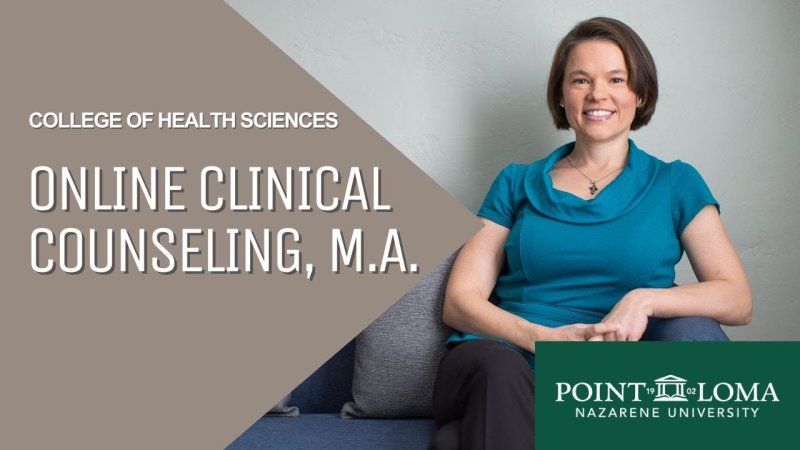
Licensed Professional Clinical Counselors (LPCCs) are master's-degree-level specialists who are trained to help people improve their mental health.
As opposed to Licensed Professional counselors (LPCs), which are common in many states, California — along with six states — adds clinical in the title. Due to the additional steps of completion required by the state of California, this recognizes the clinical exam and the extensive steps to become a licensed professional in the industry.
An LPCC is a more specific type of counseling than an LPC due to the clinical element.
According to an article by licensed Marriage and Family Therapist (MFT) Ben Caldwell: “The terms ‘clinical’ and ‘mental health’ in some titles delineate that the license is specifically a mental health license. When the title includes the terms ‘clinical’ or ‘mental health,’ that usually means that everyone with that title can assess, diagnose, and treat mental illness.” Caldwell has been teaching MFTs in California for over 10 years.
__________
Who are you called to be?
Pursue your purpose at PLNU.
__________
The California Association for Licensed Professional Clinical Counselors (CALPCC) states: “‘Professional clinical counseling’ means the application of counseling interventions and psychotherapeutic techniques to identify and remediate cognitive, mental, and emotional issues, including personal growth, adjustment to disability, crisis intervention, and psychosocial and environmental problems.”
Why Are LPCCs Needed?
Mental and emotional illnesses have increased significantly in the past decade according to Mental Health America’s 2021 “The State of Mental Health in America” report. Additionally, the COVID-19 pandemic has continued to cause these numbers to grow even more. Results from a study performed by the National Institute of Mental Health (NIMH) shows that:
- 31% of respondents reported symptoms of anxiety or depression.
- 13% reported having started or increased substance use.
- 26% reported stress-related symptoms.
- 11% reported having serious thoughts of suicide in the past 30 days.
With the increasing number of individuals living with a mental health issue, a Licensed Professional Clinical Counselor can be of assistance regardless of the patient’s severity.
With the increasing number of individuals living with a mental health issue, a Licensed Professional Clinical Counselor can be of assistance regardless of the patient’s severity.
What Does an LPCC Do?
An overview of an LPCC’s job is to help improve the mental health of patients based on their circumstances and needs.
The process of improving a person’s mental health includes “[a patient’s] emotional, psychological, and social well-being. [Mental health] affects how we think, feel, and act. It also helps determine how we handle stress, relate to others, and make choices. According to an article by MentalHealth.gov, it is important at every stage of life, from childhood and adolescence through adulthood.”
In a typical setting, LPCCs will work one-on-one with individuals, but in some cases they come alongside families and group environments.
In a typical setting, LPCCs will work one-on-one with individuals, but in some cases they come alongside families and group environments. The counselor will determine the most effective route of treatment on a case-by-case basis — one form of treatment does not fit all patients.
In a more specific setting, these licensed professionals can diagnose and treat patients living with mental and emotional illness, substance abuse, disability, personal trauma, and psychological and social developmental disorders.
How Do I Become an LPCC in California?
Point Loma Nazarene University’s Master of Arts in Clinical Counseling (MACC) program sets out the steps in order to become an LPCC in California:
- Education: Possession of a 60-unit master’s or doctoral degree in counseling or psychotherapy, with an internship and varied coursework on human development, ethics, and counseling strategy.
- Supervision: Completion of no fewer than 3,000 hours of supervised clinical mental health work, performed within two years of graduation, alongside an approved supervisor.
- Examination: Passage of the National Clinical Mental Health Counseling Examination (NCMHCE) and the California LPCC Law & Ethics Examination.
- Adherence: Compliance with a stringent code of ethics and recognized standards of practice (as recognized by the state of California, with oversight from the state’s counselor licensure board).
Earn Your Clinical Counseling Degree
PLNU’s Master of Arts in Clinical Counseling helps students adopt a client-based (rather than an illness-centered) approach to treating clients’ behavioral and emotional challenges. We have both an in-person and online format to support students who prefer either style of learning.
What are the requirements for program admission?
In order to be accepted into the program, one must “have a baccalaureate degree from a regionally accredited institution, as evidenced by an official transcript from an institution indicating the completion of an undergraduate degree.”
Applicants must also have an undergraduate cumulative GPA of 3.0 or higher. If not, they will need to contact their PLNU-provided enrollment counselor.
How long does it take to complete the Clinical Counseling program?
PLNU's MACC program takes anywhere from 24-32 months plus the licensure hours to complete.
Apply now and start your journey to becoming an LPCC through PLNU's master's in clinical counseling program, or reach out to a PLNU admissions counselor with any questions.

